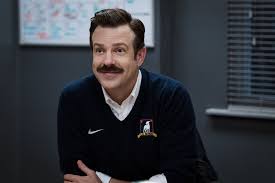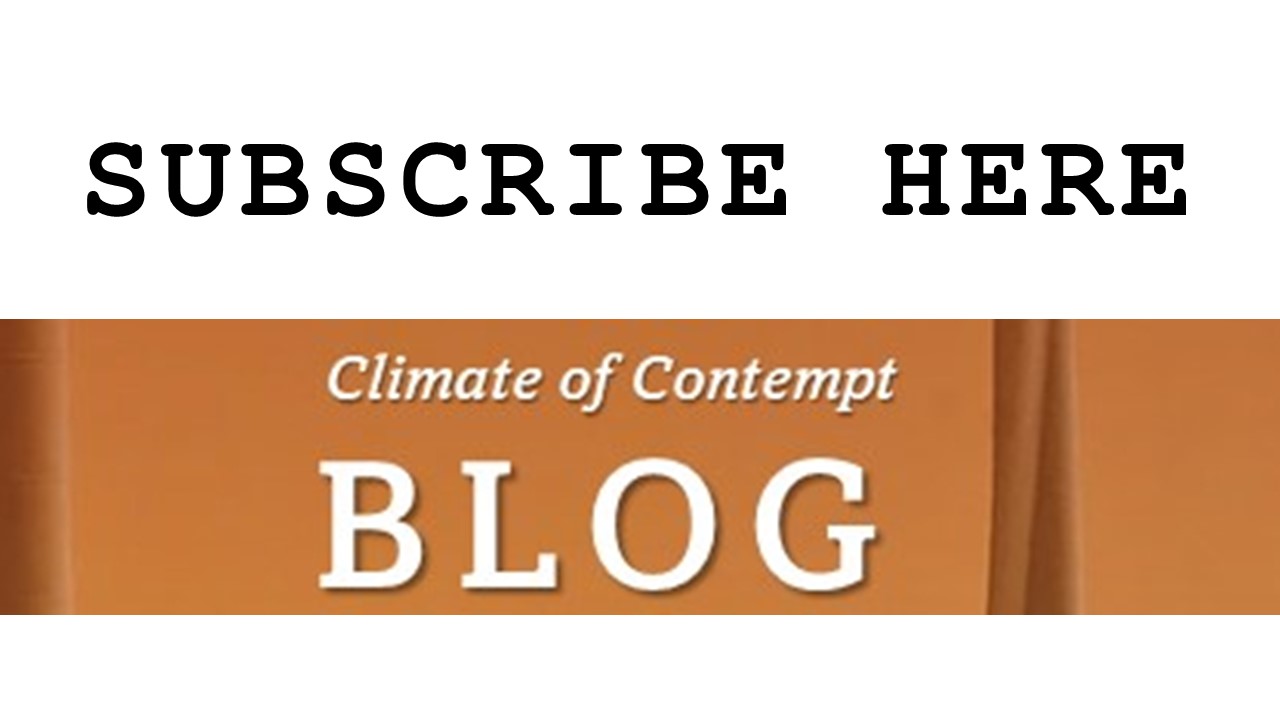I don’t normally do confessional posts on this blog, so please ignore this one if it’s not your cup of tea. But this ties back to how to preserve our deteriorating democracy. The confession is that when it comes to questionable or unethical behavior, I am more troubled when “my side” does it than when others do.
By “my side” I mean my country, my political party, my friends, the organizations I am a part of, etc. To some that can sound judgy and condescending, and I’m not sure why I feel that way — or if it’s even logically defensible. But I have felt that way for a long, long time.
For example, I grew up during the Cold War knowing that nations behind the Iron Curtain – the Soviet Union and the Warsaw Pact nations – were torturing and killing their political enemies. And I later became aware that other dictatorships did the same. But when I learned that the United States was torturing suspects that it had rounded up after 9/11 (and that it had used “extraordinary rendition” to torture enemies in the 1990s), that shamed and sickened me. I know that fear can make people behave unethically, but to me that is an explanation not an excuse.
That disillusionment was compounded when the primary architects of the torture program – psychologists Bruce Jessen and James Mitchell, lawyer John Yoo, and CIA operative Gina Haspel — escaped any official sanction. To the contrary, popular culture celebrated and justified the torture, while Haspel rose to lead the CIA and Yoo became a chaired professor at a prestigious law school. It seemed as though the overarching moral lesson of the film A Few Good Men — that pressure from superiors doesn’t excuse unethical behavior — had been permanently extinguished.
And I felt just as let down in the years following the massacre of 20 six and seven year olds (and 6 adults) at Sandy Hook Elementary School in 2012. Horrific violence anywhere is of course troubling; but my country’s unwillingness to ban assault weapons after Sandy Hook remains a an open wound as the classroom slaughter continues.[1] I had expected voters to conclude en masse that the slaughter of small children was too high a price to pay for whatever enjoyment or sense of safety one gets from owning these semi-automatic weapons that are designed to kill people quickly.
And I have the same double standard when it comes to my political party, my profession, and my organizational associations. I’m a Democrat. Bill Clinton’s adultery and other moral failings bothered me far more than the succession of Republican adulterers who filled the House Speaker’s chair during the Clinton presidency.
I’m also an academic who favors stronger climate policy. I spend a lot of personal capital urging my fellow academic supporters of stronger climate policy not to meet climate denialism with mirror image spin: such as downplaying the difficulties of transitioning to much lower carbon emissions, or ginning up moral outrage against political opponents in misleading ways.
Those who measure such things document how much better right wing media outlets have been at spinning the truth. (See chp. 4 of my book.) But like the late Sam Wyche, I have always expected more of my people.
In this “ends justify the means” era, as we watch the destruction of so many longstanding democratic norms, it’s difficult not to second-guess that instinct. Is fighting fire (spin) with fire (spin) the best policy? I still don’t think so. If democratic norms are to be restored peacefully, voters must be persuaded to vote differently. Persuading them, in turn, requires more than a strong argument; it requires that they trust the messenger.
The other day I posted on LinkedIn about why the Charlie Kirk assassination depressed me on so many levels. Thankfully, no one in any of my social networks openly celebrated Kirk’s demise (I don’t look at Twitter and its copycats). But as has been reported, many “young … people on the [online] left” could not muster any empathy or regret in response to the shooting. And since the shooting social media has been filled with anguished and conflicting posts aimed at defining Kirk’s legacy.
Some remind us that Kirk once said that black women lack the “brain processing power to be taken seriously” and that gun deaths are an acceptable price to pay for gun rights, or that he urged support for the gunman who targeted Minnesota state legislators last year, killing two people. And so on. But other posts remind us that Kirk was also capable of thoughtful exchanges of ideas, and inspired young conservatives in some positive ways. And we know that as an empirical matter, modern media filters the news so that conservatives and liberals see very different versions of Kirk.
To me, what is far more important than posthumous judgments of Kirk’s life is the impact of the assassination on the rest of us. It will reinforce the instinct for group vengeance in an already vengeful president and White House. But are Kirk’s and the president’s failures to demonstrate humanity toward their adversaries something we really want to mirror? I don’t think so. The older I get, the more I admire systems of virtue ethics like Buddhism or Hinduism or the ancient Stoics, philosophies whose adherents focus on aspiring to be their best selves irrespective of how others behave.

Holding on to our humanity gets more difficult with each new act of political violence. More and more people conclude that aspiring to a better version of our liberal democracy is naive. Indeed, one of the responses to my LinkedIn post suggested that it’s too late to repair our democratic norms peacefully: “we might have zoomed over the last easy exits to stability … [so that now,] politics is more about positioning so that as things break, they break the way [we] want….”
Given the direction the second Trump Administration is taking us, I can understand that view. But my rejoinder is this: hoping that things will “break my way” is a massive gamble. And as I say in my book,
most voters … prefer peaceful ways … before resorting to violence—not only because of the pain violence causes but also because we cannot know in advance of a violent conflict who will prevail or what will emerge from the wreckage of liberal democracy.[2]
So I’m holding on to a shred of hope that peaceful repair remains possible. I know I’m not alone in that view. Online pundit Democrats who lament the left-wing Twitter mobs more than right-wing ones probably fall into this category. And sometime today (Sept 15) The Energy Capital Podcast will be rebroadcasting my conversation from a year ago with host Doug Lewin, presumably because it addressed the rise of political violence and how to combat it.
Utah Governor Spencer Cox seemed to understand that breaking the spell of ideological and social media is the key. His appeal to our common humanity following the Kirk shooting called out the “cancer” that is social media, and urged us all to “log off, turn off, hug a family member, [and] touch grass.” Some of the people who profit by dividing us scolded the governor for saying that. But perhaps as we experience more of the painful consequences of media-amplified political hatred, more opinion leaders will do the same, prioritizing restoring democracy as much as they prioritize winning the next policy fight.
Meanwhile, as voters, we can try to reward that behavior and persuade our friends, family and neighbors to do the same. – David Spence
——————-
[1] Since 2000 there have been more than 500 school shootings producing more than 450 dead children – and counting.
[2] Climate of Contempt, p. 19.

